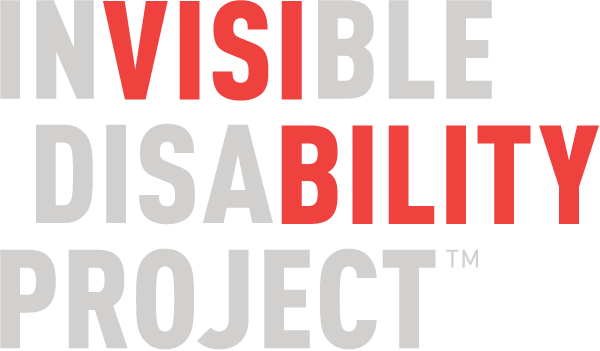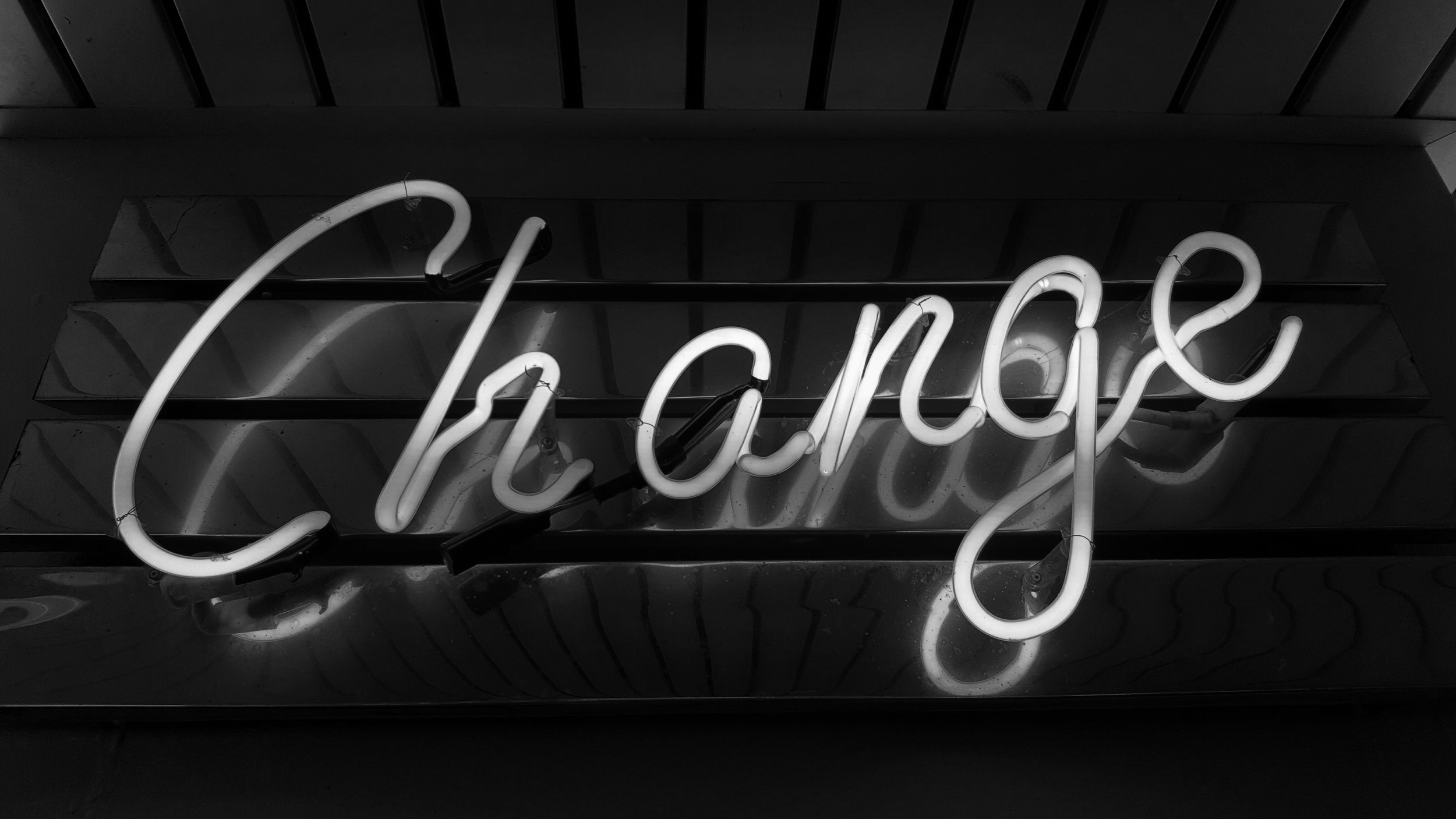Why Every College Student With Invisible Disabilities Needs These Six Words
Linda Williams, Ph.D.
The bags are at the door. Take one last look around at your childhood, and the life you once knew. Family. Memories. The sense of familiarity and safety. The cultivated support systems. It’s the day you move away from home to begin your first year of college.
OK, life’s not like the final scene in Toy Story 3. And college is not for everyone. But for those of you heading off to college this fall who have invisible disabilities, we know that everyone begins this chapter of life with different levels of preparedness for what’s about to happen, and different ideas about how to engage this new experience. Not only will you be sleeping in a different bed, maybe in a different city, away from family, friends, and objects of comfort, but the supports you have in place in your life are about to change, too.
This transition can be especially challenging for students with invisible disabilities. These unseen emotional or physical impairments may take on new meaning in this new environment. And your environment may signal new needs you didn’t know you had. The structures and support systems that were uniquely yours, and cultivated through trials and errors, may not be relevant in your new environment. You may be back at square one. Back to trying new ways to find equity and support for day to day activities of life. And back to figuring out what supports go where and who they key allies are.
You may find that in a new environment, you need to develop new ways to talk about the things that are so real for you, but invisible to everyone else. It can be difficult to describe or talk about things we cannot see — or things that we can see but others cannot. But when we find new and comfortable ways to express what we want and need, we achieve control over ourselves and our experiences. We make sense of ourselves and can explain who we are to others, whether they are in our family, classroom, or broader social network.
Here are six words that may come in handy as you make this transition to your first year of college.
1. Ableism (ˈābәˌlizәm) noun. Discrimination or bigotry against people considered disabled by mainstream society.
The world around you may not always yield to your bodily or neurodiversity. But all bodies and minds have the right to coexist in this world.
2. Ally (ˈalī) noun. A person who is not part of a particular group, but is supportive of the group; one who acts to help and aid.
Your friends, teachers, and family may have known what to say to help you calm down when you were having a panic attack. They may have known better than to tell you to “cheer up” – because they know you live with clinical depression. You’ll be leaving behind childhood friends and family members who “get you,” who just know. In you first year of college, it will be important to develop new allies who are in your corner, cheering you on.
3. Identity (ˌīˈden(t)әdē) noun. The idiosyncratic way a person aligns with a particular group or presents as an individual to society.
People in your circle at home may know who you are – and who you’re not. Being in a new environment, your identity will evolve, especially as you experience new things. The important thing to know with an evolving identity is that no one should speak over you or for you. No one can erase you. No one can silence you.
4. Invisible disability (inˈvizәb(ә)l ˌdisәˈbilәdē) noun. A disability that cannot be easily seen or measured and is often discounted or not respected.
Your disability may be unseen. But it is not unfelt or unreal. We often lack language to talk about the things we cannot see. A great place to start? Just learn how to define what an invisible disability is, so you’ll be better able to talk about it with others.
5. Passing (ˈpasiNG') verb. The ability of a person to be regarded as a member of social groups other than their own, such as a different race, ethnicity, social class, gender, age, and/or disability status, generally with the purpose of gaining social acceptance, or to cope with anxiety.
As someone with an invisible disability, you may have been told that you look “normal.” The first year of college is an exciting time. There are events, activities, study groups, and endless ways to get involved. Your calendar may be saying yes – but your body may be saying no. The pressure to pass can be so strong, but it can also do real harm. It is important to give that feeling a name, so you know when you can choose to pass – and when you need to engage in self-advocacy and self-care.
6. Social invisibility (ˈsōSHәl inˈvizәb(ә)lәdē) noun. An experience of oneself as unseen by others, not in the literal, physical sense, but rather in a metaphorical, intersubjective one.
You’ve probably felt the effects of shame, stigma, and marginalization. We lack language to talk about the things we can’t see, and that can keep us feeling helpless, and could lead to hopelessness. But when we can name what we’re feeling, it helps us take our feelings out of the darkness, and into a place where we can discuss our experience with others.






